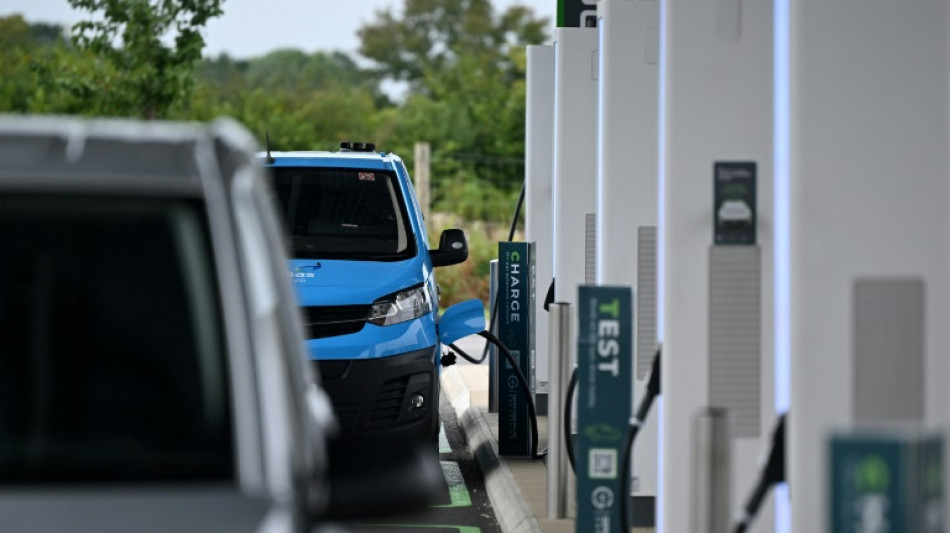
RBGPF
1.6500

The UK carmaking industry is hopeful of a postponement in a provision in the nation's post-Brexit EU trade treaty, which will otherwise impose a 10-percent tariff on electric vehicles.
Britain left the European Union in early 2021 after clinching a last-gasp free trade deal, removing tariffs for the nation's largely foreign-owned carmakers.
However, under the deal's "rules of origin" condition for goods crossing the border, from 2024 at least 45 percent of the value of vehicle parts must originate from Britain or the European Union in order to be exempt from customs duties.
Batteries, which represent a significant chunk of the sale price of an electric vehicle, often originate from China despite UK efforts to establish its own gigafactories to manufacture them.
"We are still optimistic that an agreement will be reached" before the looming change on January 1, said Mike Hawes, chief executive of industry body the Society of Motor Manufacturers and Traders.
"It makes common sense because the last thing you want to do is put additional tariffs on the very vehicles you are encouraging people to buy," he told an SMMT conference in London.
Hawes added: "We are optimistic but I can see this going down, like we did with Brexit, to Christmas Eve or something like that."
The UK plans to ban sales of new petrol and diesel vehicles from 2030, as it aims for net-zero carbon emissions by 2050 -- which means the sector must switch to producing fully electric cars.
Britain is also a vital market for EU-based car producers.
Germany this month urged the European Commission to postpone tariffs on electric car sales between the UK and the EU, according to a Financial Times report.
Added to the backdrop, Brussels last week announced an investigation into Chinese state subsidies for electric cars, and this could result in higher customs duties as the bloc seeks to defend its industry from unfair competition.
Monday's SMMT plea comes one week after German car giant BMW unveiled plans to ramp up production of electric Mini cars in Britain, backed partly with UK support.
India's Tata Group in July said it would build a £4-billion in Britain to manufacture batteries, as nations accelerate away from fossil fuel vehicles.
D.Naveed--DT